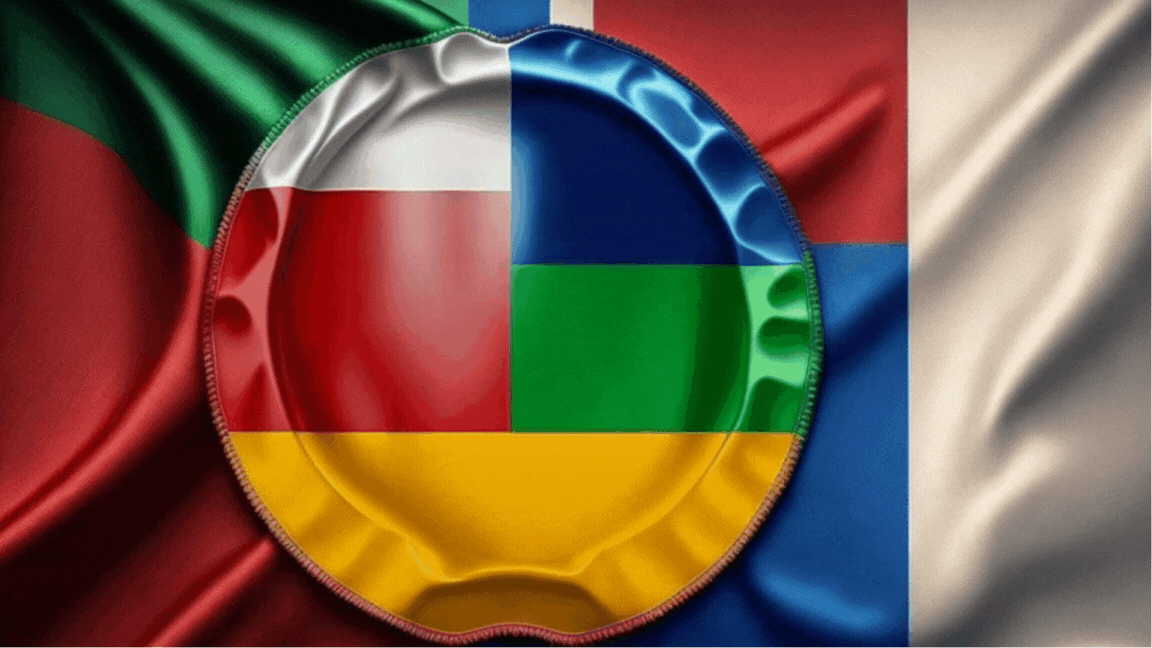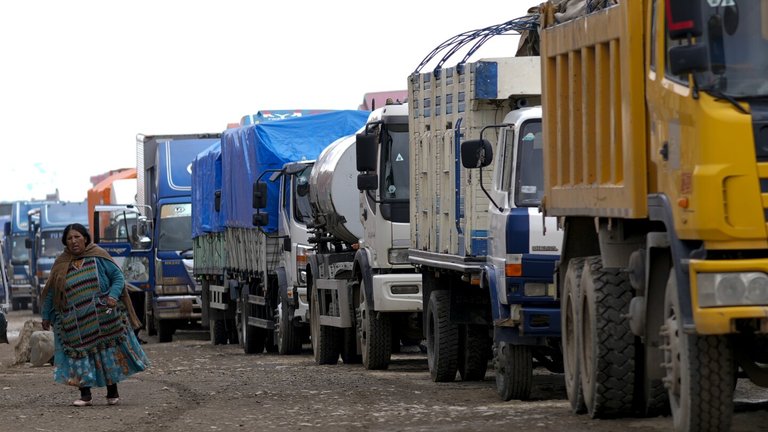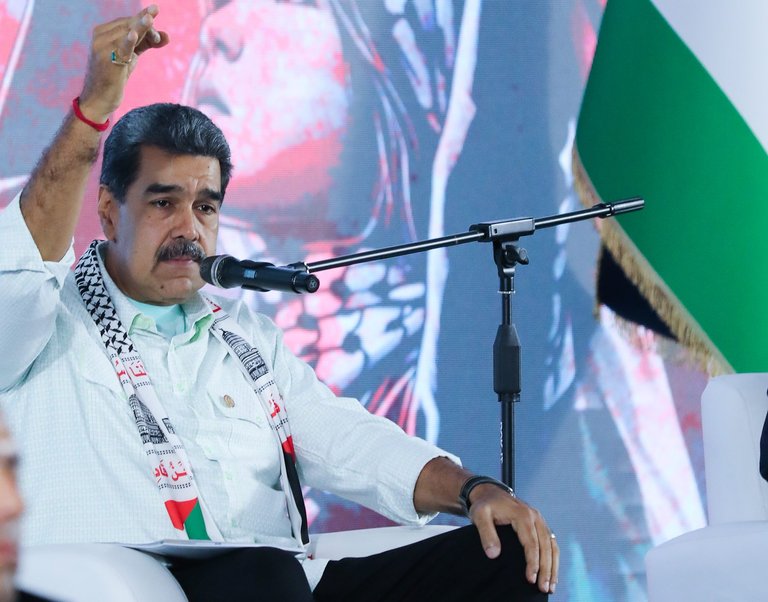
Bolivia's economic chaos continues unabated. The country, which in the first decade of the century rode the wave known as the “commodity boom”, mainly based on its gas production, is now trapped in a thick undergrowth fed by several factors. Gas production has declined—market prices are volatile—, and the economy has the (legal) heavy burden of subsidizing domestic consumption of fuels it purchases at market prices—$56 million a week—from Argentina, Paraguay, or Russia. Dollar reserves are dwindling as the Government has tried to sustain certain levels of consumption, but the economy has hammered its fingers and the whole edifice has crumbled. Let us add to the picture the internal struggle in the ruling MAS, featuring former president Evo Morales and his former pupil and now president Luis Arce.
Morales has detonated certain bridges between the Executive and the Congress, as he has key people there answering to him. He has also heated the streets by calling on his followers to pressure the Government with road blockades and marches. The evistas attack Arce from two fronts: they assume the criticism of the economic drift of the country, and denounce the “judicial persecution” against Morales, who faces quite sensitive cases before the justice, and can´t run as presidential candidate according to judicial resolutions.
 Source
SourceThe queues are almost endless for acquiring fuel, which is distributed in a rationed manner. “We don't know what's going to happen, but we're going to be worse off,” a 66-year-old driver tells AP. As expected, the fuel shortage is impacting commercial activity and critical agricultural production. “We want effective solutions to the shortage of fuel, dollars, and the increase in food prices,” says a senior university official. Recently, there have been important demonstrations in the streets of Santa Cruz—the opposition stronghold and the country's main economic hub—and the capital La Paz. “Everything is expensive!” protesters have chanted.
Venezuela: what's new?
Nothing. The U.S. government this week sanctioned some 20 officials of Nicolás Maduro's government, after having recognized Edmundo González as the country's president-elect last week. Both are symbolic moves, since I do not believe that a new parallel government—such as the one advanced under the sponsorship of the Trump administration in 2019—will be supported again. A failed gamble. “They [in Washington] call them sanctions, we call them decorations, they are honor medals to patriots, to those who fight, to those who do not surrender, to those who do not betray, to those who advance,” Maduro said about the most recent U.S. measures.
Incidentally, the Venezuelan National Assembly passed a law last Thursday that disqualifies for up to 60 years citizens who express support for sanctions against the country in general or also, I understand, Chavista officials. Television and print media can be closed or fined, and those prosecuted under the law can receive sentences of up to 30 years. Although the law could be debated, what is clear is that it is the law on the ground and that—in any case—it is a bad move to appeal to a foreign power to vitiate any internal political fight. In my opinion, the latter is one of the main sins of the Venezuelan opposition, besides being cowardly, unfulfilling its commitments, and sometimes even foolish.
 Source
SourceMexico: the war in Sinaloa continues to spill blood
Since the war between the two main factions of the Sinaloa cartel exploded, after the confusing arrest of the leader of one of them—the historic drug lord “El Mayo” Zambada—in the United States, there are already close to 500 murders registered by the local media Noreste. Last Thursday, for the fourth time since this new wave of violence began, there were 14 homicides in a single day. In the town of Navolato, this same Saturday, three bodies were found shot, and mutilated, with white cardboard on their chests.
The Bolsonaro saga 👇
How Brazilian police say Bolsonaro plotted a coup to stay in office https://t.co/g3SjMzIRvR
— CTV News (@CTVNews) November 30, 2024
Brazil’s Jair Bolsonaro tells @WSJ he’s going to make a play for power — and that Trump will help (he hopes). A wild interview with Samantha Pearson in which Bolsonaro cried and admitted he’s not all that smart. https://t.co/Q7ljUyIZ8y
— Juan Forero (@WSJForero) November 29, 2024
Latam in pictures, this week 👇
AP Week in Pictures: Latin America and Caribbean https://t.co/ewoVtKeyiw
— The Associated Press (@AP) November 29, 2024
And this is all for our report today. I have referenced the sources dynamically in the text, and remember you can learn how and where to follow the LATAM trail news by reading my work here. Have a nice day.

